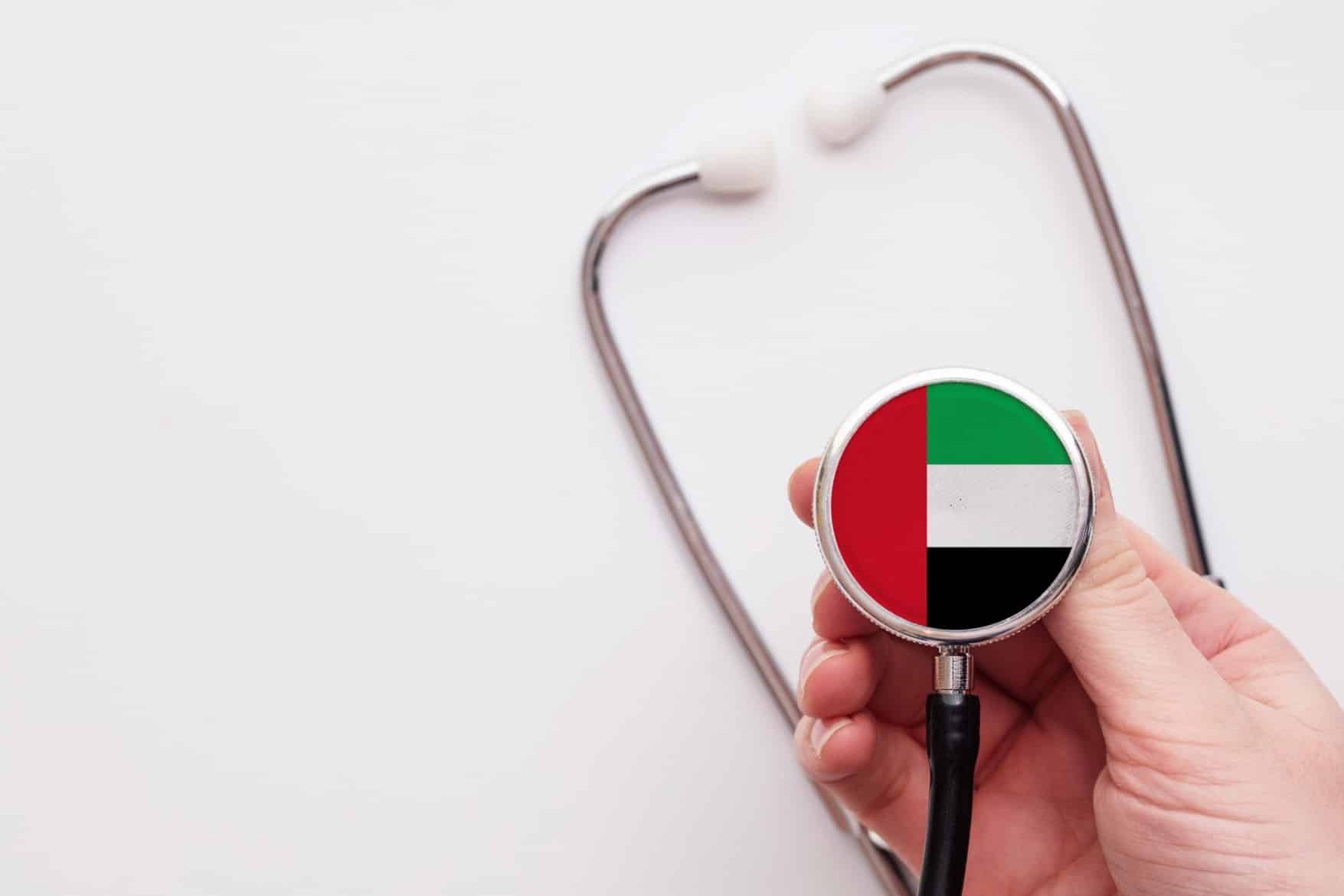Imagine you’ve just moved to the United Arab Emirates (UAE) and secured what you thought was comprehensive health insurance. Then, you unexpectedly discover your insurance won’t cover a crucial treatment for a pre-existing condition.
Frustrating, right?
Many young professionals face this dilemma. To avoid becoming another victim of these unpleasant surprises, you must understand the most common exclusions in health insurance in the UAE.

This guide will help you navigate these exclusions, so you can choose the right plan and ensure coverage when you need it most.
1. Pre-existing Conditions
Pre-existing conditions are medical issues or illnesses you had before buying health insurance. Common examples include diabetes, heart disease, and asthma.
Insurers often exclude these conditions because they pose a higher financial risk. However, some plans may offer coverage for pre-existing conditions at higher premiums or with waiting periods.
That said, it is crucial that you let your insurer know about your health status when applying for medical insurance. This way, you can avoid denied claims due to undisclosed pre-existing conditions.
2. Cosmetic and Non-Essential Procedures
Cosmetic and non-essential procedures are elective treatments aimed at enhancing appearance rather than addressing medical issues. Some examples include:
- Facelifts
- Rhinoplasty
- Breast augmentation
- Liposuction
Most policies do not cover these procedures since they are not considered medically necessary. However, there may be exceptions, particularly if the procedure is deemed essential due to medical reasons, as in the case of reconstructive surgery after an accident.
Review your health insurance policy details or speak with your insurer to understand what is covered before signing on the dotted line.
3. Dental and Orthodontic Treatments
Dental and orthodontic treatments focus on maintaining and improving oral health. These include routine dental care, fillings, extractions, root canals, and braces.
Standard health insurance policies in the UAE typically exclude these treatments, except for emergency dental procedures resulting from accidents.
To cover your dental costs, you need to pay out-of-pocket or purchase separate dental insurance. Some insurance companies in the UAE offer specific dental coverage, which may include preventive care and essential treatments.
4. Pregnancy and Related Treatments
Believe it or not, medical insurance policies don’t usually cover pregnancy and other related treatments or procedures. Some of the common exclusions are:
- Delivery charges
- Prenatal and postnatal care
- Treatments for complications such as miscarriages
However, you can still get coverage for these expenses using a maternity benefit rider to your plan. But, as with the previously mentioned conditions, this comes at a premium.
Fertility treatments, like in vitro fertilisation (IVF), are also typically excluded. If you’re planning for a family, explore specialised coverage or add-ons to ensure you’re prepared for these costs.
5. Mental Health Disorders
Mental health treatments, such as medication and therapy for depression, anxiety, and other similar conditions, are often excluded or have limited coverage in many health insurance policies. However, given the increasing awareness of the importance of mental health, some policies now offer partial coverage. Still, it’s essential to check the specifics of your plan.
Access to mental health services is vital, so consider looking for insurance options that include comprehensive mental health coverage or seeking standalone mental health policies. This ensures you receive the necessary support for your overall well-being.
6. Alternative Therapies
Basic health insurance policies don’t usually cover alternative therapies, such as acupuncture, naturopathy, homoeopathy, and chiropractic treatments. Because these therapies fall outside conventional medical practices, insurers consider them less proven or essential.
However, some health insurance plans in the UAE may offer coverage for alternative treatments as an add-on. If you prefer these types of treatments or want to have the option available to you, check if your insurer can include them in your coverage.
7. Weight Loss Procedures
Weight loss procedures, including adjustable gastric banding, sleeve gastrectomy, and gastric bypass, are generally excluded from health insurance coverage.
These surgeries are considered non-essential – that is, of course, unless they are deemed medically necessary by a doctor. For example, if you have a high body mass index (BMI) and obesity-related health issues, some insurance providers might cover the procedure.
To be sure, always verify the specific criteria and coverage options with your insurance provider to understand what’s available and avoid unexpected costs.
8. Experimental Treatments
Experimental treatments refer to medical procedures, therapies, or medications that are still in the research or clinical trial phase and have not yet been accepted as standard practice.
Due to their uncertain effectiveness and potential risks, these treatments are excluded from standard health insurance policies.
If you’re interested in pursuing experimental treatments, you may need to cover the costs yourself. Alternatively, some might be available through clinical trials, which provide access to cutting-edge therapies at little or no cost.
Before deciding anything, consult your healthcare provider to explore your options and eligibility for clinical trials.
Ensure You’re Insured
Understanding what your health insurance does and doesn’t cover helps you avoid unexpected expenses. Always read the fine print and ask your insurance company about specific exclusions and add-on options. This way, you can choose the best plan for your needs and ensure you’re adequately covered when you need it most.